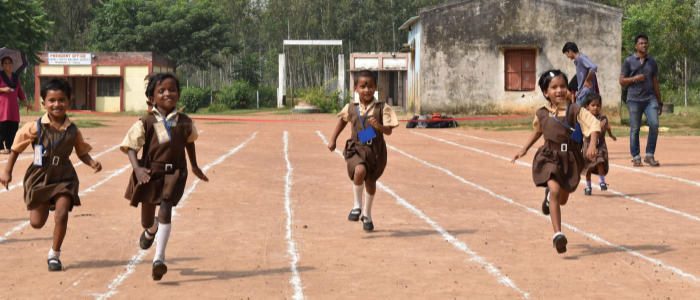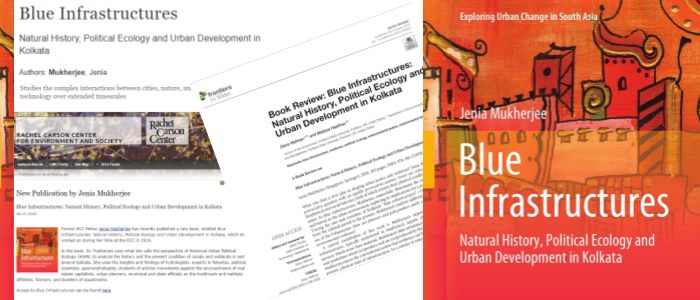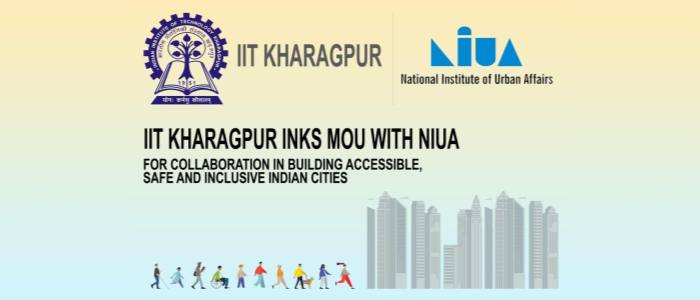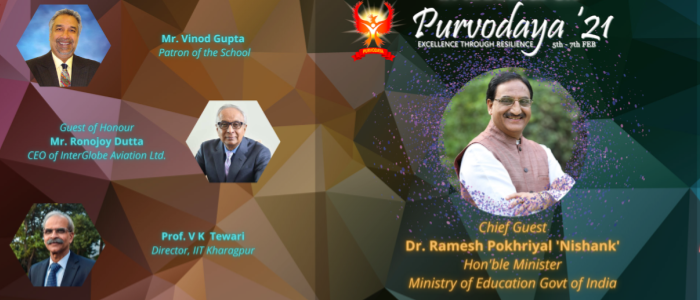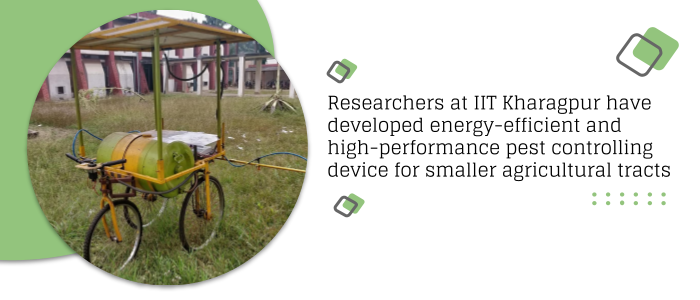
IIT Kharagpur Develops Solar-powered Pest Control System for Smaller Farm Fields
Researchers at IIT Kharagpur have developed energy-efficient pest controlling device for smaller agricultural tracts owned by marginal farmers. The research team has developed a self-propelled boom-type sprayer that can be operated using solar energy while safely guided through the crops in smaller tracts of land. The device is aimed to increase field capacity and uniformity in liquid spraying and also to reduce drudgery to the operator and dependency on fossil fuel for carrying out spraying in cropped areas. Prevention of pests and diseases during different growth stages of crops is an important process to increase its yield. For larger tracts…


